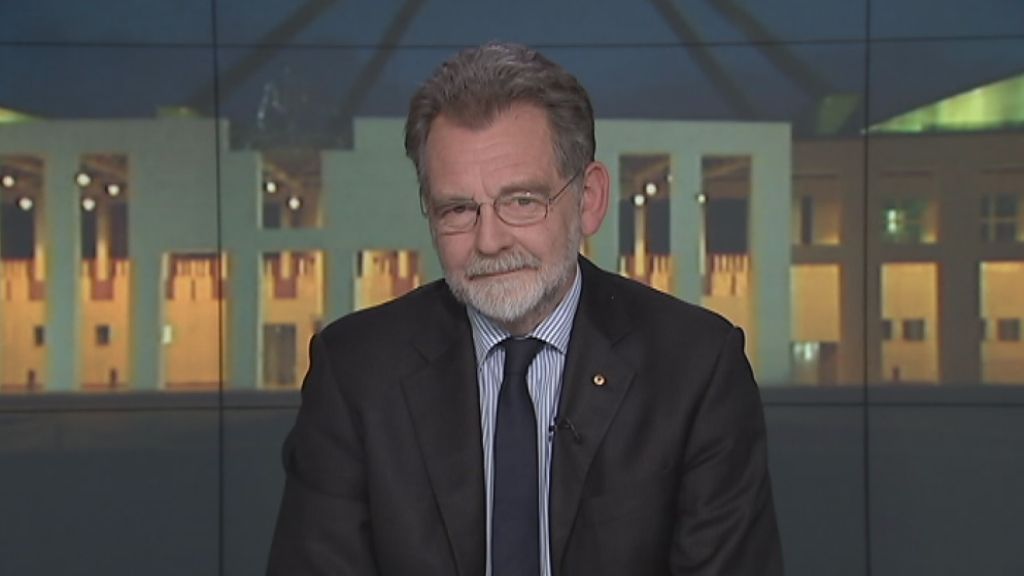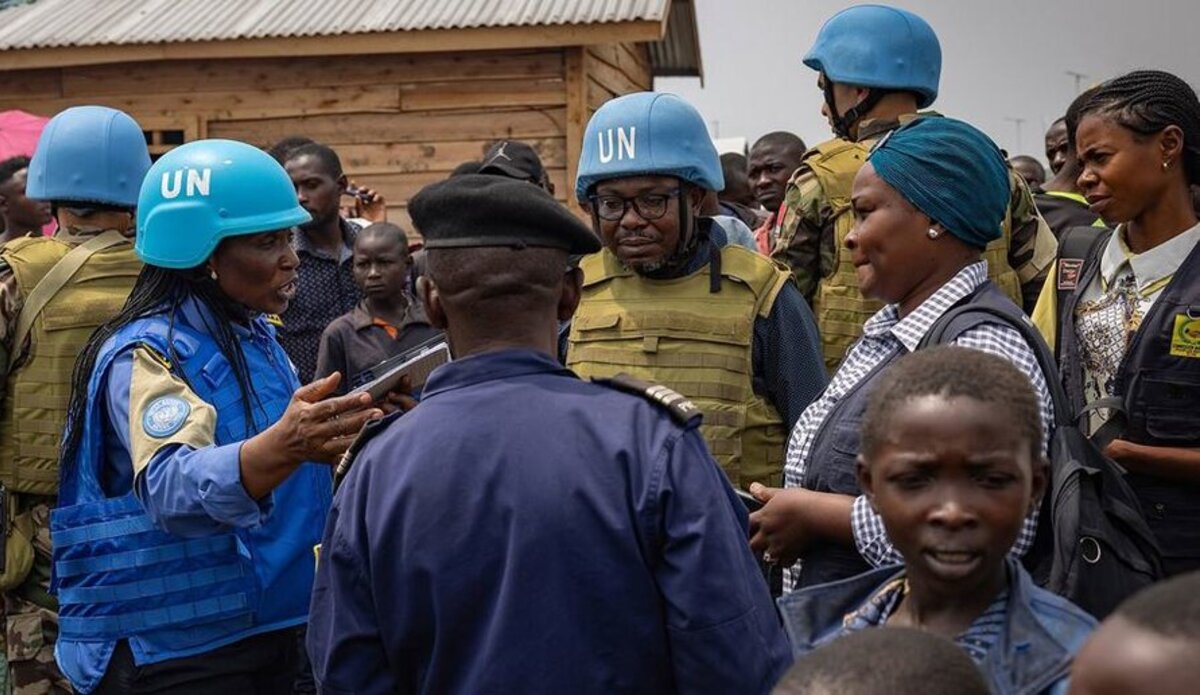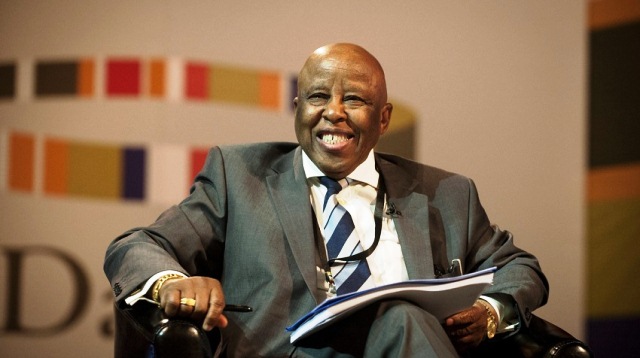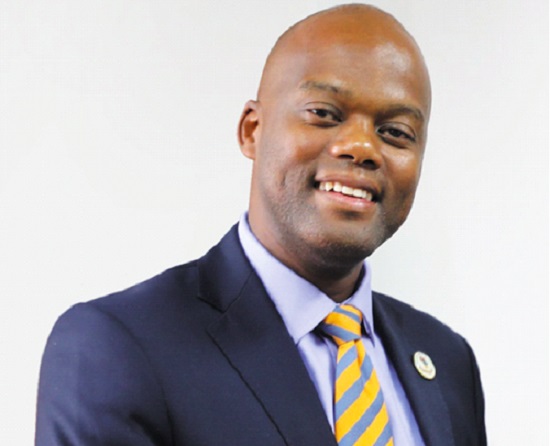
Hugh White
BEIJING, Sept. 24 (Xinhua) — The newly established trilateral security partnership dubbed AUKUS among the United States, Britain, and Australia has sparked fierce criticism and widespread concerns over its impact on regional security in the Asia-Pacific and global non-proliferation.
Last week, the three countries announced that the first initiative under AUKUS is to deliver a nuclear-powered submarine fleet to Australia.

Shortly after the new deal was unveiled, Australia announced it would scrap a deal with France signed in 2016 to purchase 12 conventional diesel-electric submarines.
French Foreign Minister Jean-Yves Le Drian called Australia’s decision a “stab in the back.”
Indonesia’s Foreign Ministry said in a statement that it is “deeply concerned over the continuing arms race and power projection in the region,” urging Australia to maintain its commitment to regional peace and stability.
Malaysian Prime Minister Ismail Sabri Yaakob warned that the nuclear submarine project might heighten military tensions in Asia. Former Prime Minister Mahathir Mohamad called the move an “escalated threat” to the region.
INCREASED RISK OF COLD WAR
Hugh White, a professor of strategic studies at Australian National University, said the trilateral submarine deal is “full of risks.”
He said the deal would be seen as a further demonstration that Australia had sided with the United States in face of a rising China, raising worries over a potential new Cold War in Asia.
The view was echoed by many in different countries in the Asia Pacific region.
Allan Behm, director of International and Security Affairs Program at The Australia Institute, told Xinhua that the risk of a new type of Cold War in Asia is increasing, which would be bad for everyone including China, the United States and Australia.
He cautioned that the decision and the manner in which it was announced might encourage other countries to follow suit.
Will it trigger an arms race in Southeast Asia? Will the acquisition of hunter-killer submarines optimized for sinking ballistic missile submarines expand Australia’s naval capability into a new domain of warfare? These are the questions worth great attention, according to Behm.
“By arming Australia with nuclear-powered submarines amid the jingoistic remarks made against China by the Australian minister, it is believed to further escalate the geopolitical tension looming in the region,” said Ong Tee Keat, chairman of Malaysian think tank Center for New Inclusive Asia and former Malaysian transport minister.
He said that it would risk stoking a military standoff between China and the U.S.-led Quad or AUKUS on the sea and create a more conflict-prone region.
INCREASED THREAT TO REGIONAL STABILITY
Ong believed that with the inception of AUKUS, the possibility of a bloc-versus-bloc confrontation cannot be ruled out, as it heralds the transfer of nuclear technology for military use through the security partnership.
Yang Baoyun, a professor specializing in ASEAN studies at Thailand’s Thammasat University, pointed out that Australia has rich uranium resources.
“That lays the foundation for the potential nuclear industry in the country,” he said. “If nuclear submarines are developed with the support of American and British technologies, it is possible that the country will also make progress in nuclear material processing technologies, leading to higher risk of nuclear proliferation.”
That would undoubtedly cast a shadow over peace, stability and security in the Asia-Pacific region, he added.
Australia’s possession of nuclear-powered submarines, coupled with its ability to carry ballistic missiles, would change the strategic balance in the region, Yang noted. “It could even cause the proliferation of carriers for mass destructive weapons, and pose a direct threat to the neighboring countries.”
Bambang Suryono, chairman of Indonesia’s think tank Asia Innovation Study Center, told Xinhua that as Australia’s neighbor and the largest southeast Asian country, Indonesia feels directly threatened by the AUKUS.
As countries of the Association of Southeast Asian Nations (ASEAN) are not equipped with nuclear weapons, he said that Australia, given its strategic position in the Indo-Pacific region, is a direct danger to Southeast Asian countries.
He pointed out that the deal not only tears apart the United States and France, but also split the United States and ASEAN countries. “It fully demonstrates that (the) U.S. as an ally is untrustworthy, and could stab others in the back.”
SERVING AMERICAN INTERESTS
Like Suryono, many believe that AUKUS and the submarine deal serves the interests of the United States, rather than countries in the Asia-Pacific region.
“While most of the countries in Asia-Pacific are still grappling with the pandemic and seeking economic recovery, the inception of such a security partnership as AUKUS is indeed out of sync with the prevailing regional needs that could only be well met through multilateral cooperation,” Ong said.
“Beyond any euphemism, AUKUS is merely another tool in the U.S. toolbox to ‘make the world safe for the U.S.’ in the perspective of safeguarding the U.S. geopolitical primacy, even at the expense of regional peace and post-COVID-19 economic recovery,” he said.
Ong gave the example of the recent trade discord between China and Australia, in which the United States openly backed Australia. However, American exporters were quick to fill the void left behind by Australia, leaving no chance for Australian goods to regain lost market share.
In an interview with the Australian Financial Review, former Prime Minister of Malaysia Mahathir Mohamad said that AUKUS is a sign that the West has not adjusted to the rise of Asia.
“You keep on trying to persuade ASEAN to confront China, to be unfriendly. We cannot do that,” he said.
For Australia, while there are scholars calling for a more independent foreign policy, Behm worried that without a civil nuclear industry, the submarine deal would leave the country more dependent on a foreign supplier.
“With no experience in the design, construction, operation or disposal of nuclear power plants, Australia will be entirely reliant on either or both Britain and the U.S.,” he said.
“A nuclear-powered submarine cannot be a sovereign capability for Australia. So Australia’s sovereign autonomy will be inevitably reduced,” Behm warned.









